If you find yourself squinting in the sun more than those around you, wondering what the reason could be, you're at the right place. Why does the sun not annoy my friends as much as it hurts me? Why do I find it so difficult to perceive things in bright sunlight? Sounds familiar? Are darker eyes less sensitive than lighter color eyes? Let's delve deep into the science behind eye color to find out how it affects vision.
Eye Color And Myths
Just like any other topic, there are several myths associated with eye color. One such legend states that those with brown eyes see the earth while those with blue eyes see heaven. You may also have heard that those with blue eyes have a rich imagination, while those with brown eyes are calm, passionate people. So are brown eyes really less sensitive to the light than blue eyes, or is it another one of those myths that we have started believing in?
What’s The Reality?
The sensitivity due to eye color isn’t just a myth. It’s based on scientific facts. So it’s true, brown eyes are less sensitive to the light than blue eyes. Here’s what happens:
Lighter colored iris, such as blue or light green, grey and in the very rare case violet, will allow more light to pass through into your eyes' retina. Being less capable of blocking the harsh sunlight or bright fluorescent light, people with light eye colors may find themselves grabbing their sunglasses more often than others.
How Does Eye Pigment Effect Sensitivity?
So why exactly do blue eyes or other light-colored eyes allow more light to pass through? What's the science behind it all? Of course, living in the age of reasoning, we won't blindly accept tales from our grandma's times, would we? We'll need logic to back it.
Eye Pigment
In humans, the pigmentation of the eyes is determined by the melanin content of the iris. With more melanin concentration, you'll have darker eye color, like brown or black. Are darker eyes less sensitive. Those with a smaller concentration of melanin in their eyes will have a lighter shade of eyes, like blue of light green.
A higher melanin concentration that gives you darker eye color comes with a little bonus. It offers stronger protection to your retina from the harsh sunlight. Lighter eye color looks really attractive on anyone, but on the darker side, they don't enjoy as much natural protection from the sun as do the dark-eyed individuals.
In short, the more melanin you have on your iris, the better protected you are from the sun and other bright sources.
Brown VS Blue
So you've already seen how brown eyes are less sensitive to the light than blue light. What are the benefits of each, and what are the risks?
- People with blue eyes generally have better night vision than those with brown eyes since they have a greater sensitivity towards light.
- Those with brown eyes can see better in bright sunlight, and glare won't annoy them as much.
- People with blue-eyes are at a higher risk of damage from the dangerous UVA and UVB rays.
- People with Blue-eyes are also at a higher risk of developing macular degeneration, the best way to block out 100 percent UV ray by wearing Polarized Collection.
- Brown-eyed people are at a greater risk of developing cataracts, according to research.

Protect Your Eyes
Whether your eyes are brown, blue, or any other color, it's vital to protect it. The protection from melanin isn't enough to keep your eyes protected from the UV rays, glare, and other damaging factors.
Treasure your vision; you only get it once, after all! No matter what color eyes you have, wear a good pair of sunglasses each time you go out in the sun. An annual eye checkup will also help to keep you on top of your eye health, whether they're light-colored or dark.
Visit our collections and find the best pair of shades to keep your eyes protected when you’re out and about.


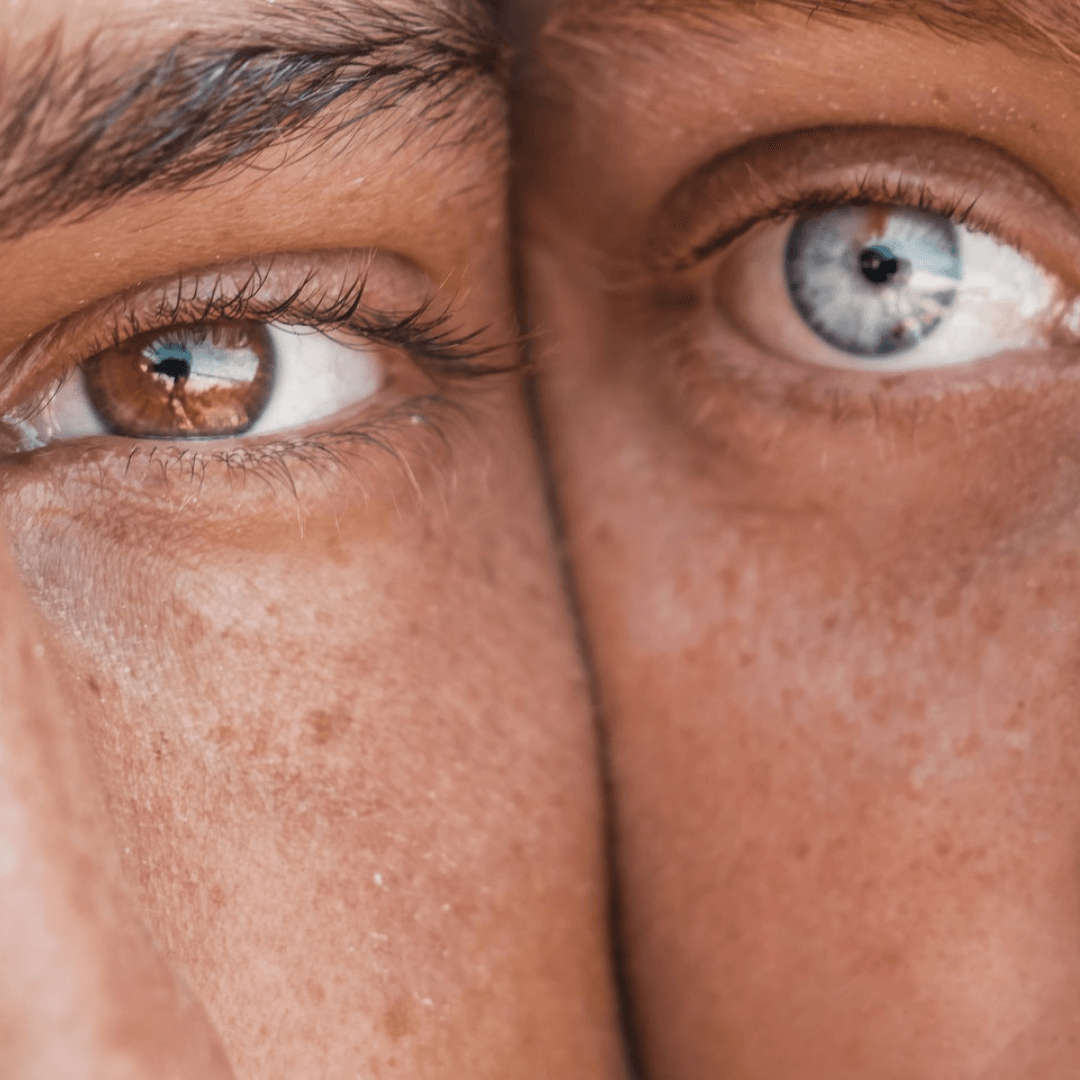
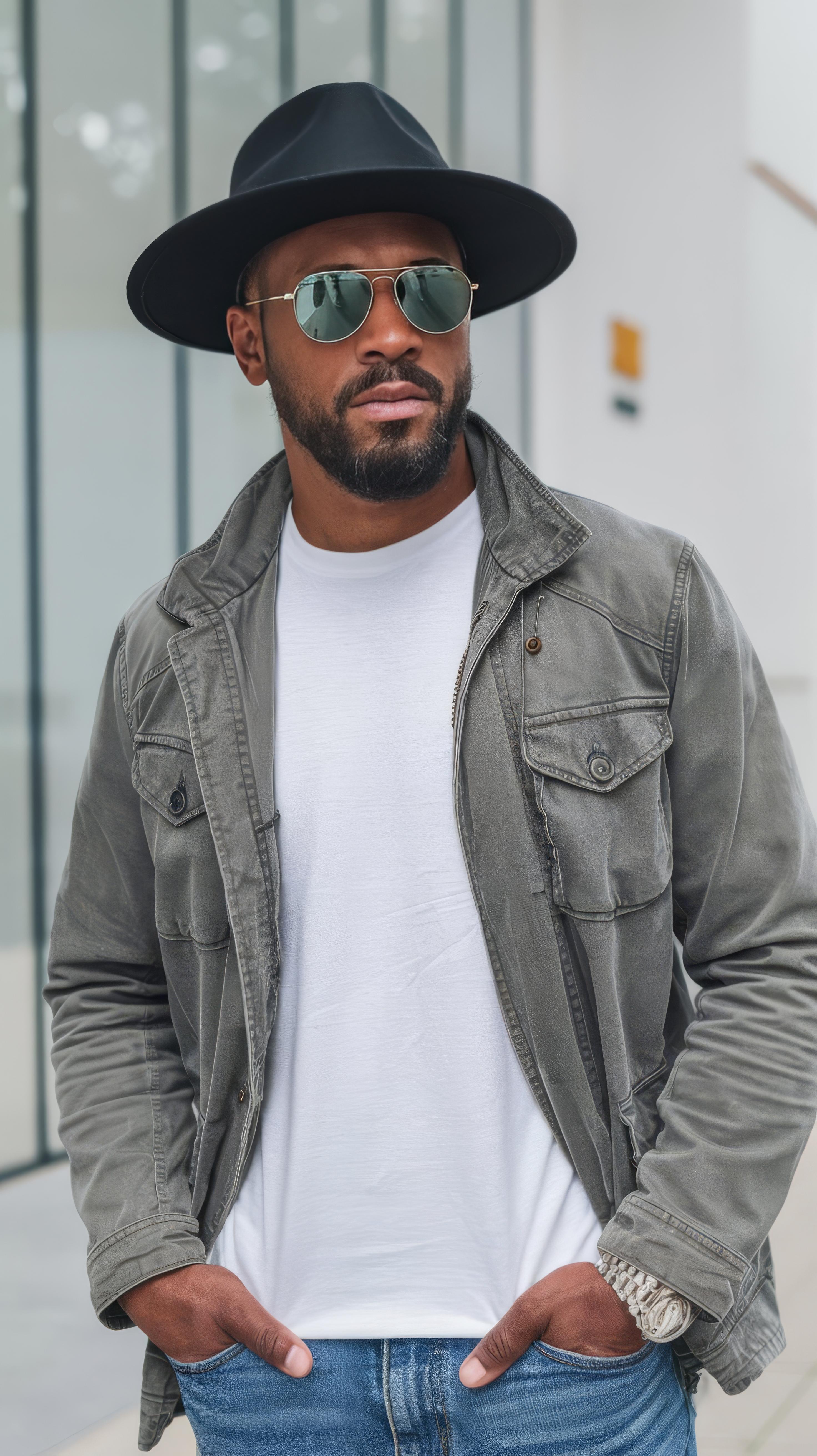
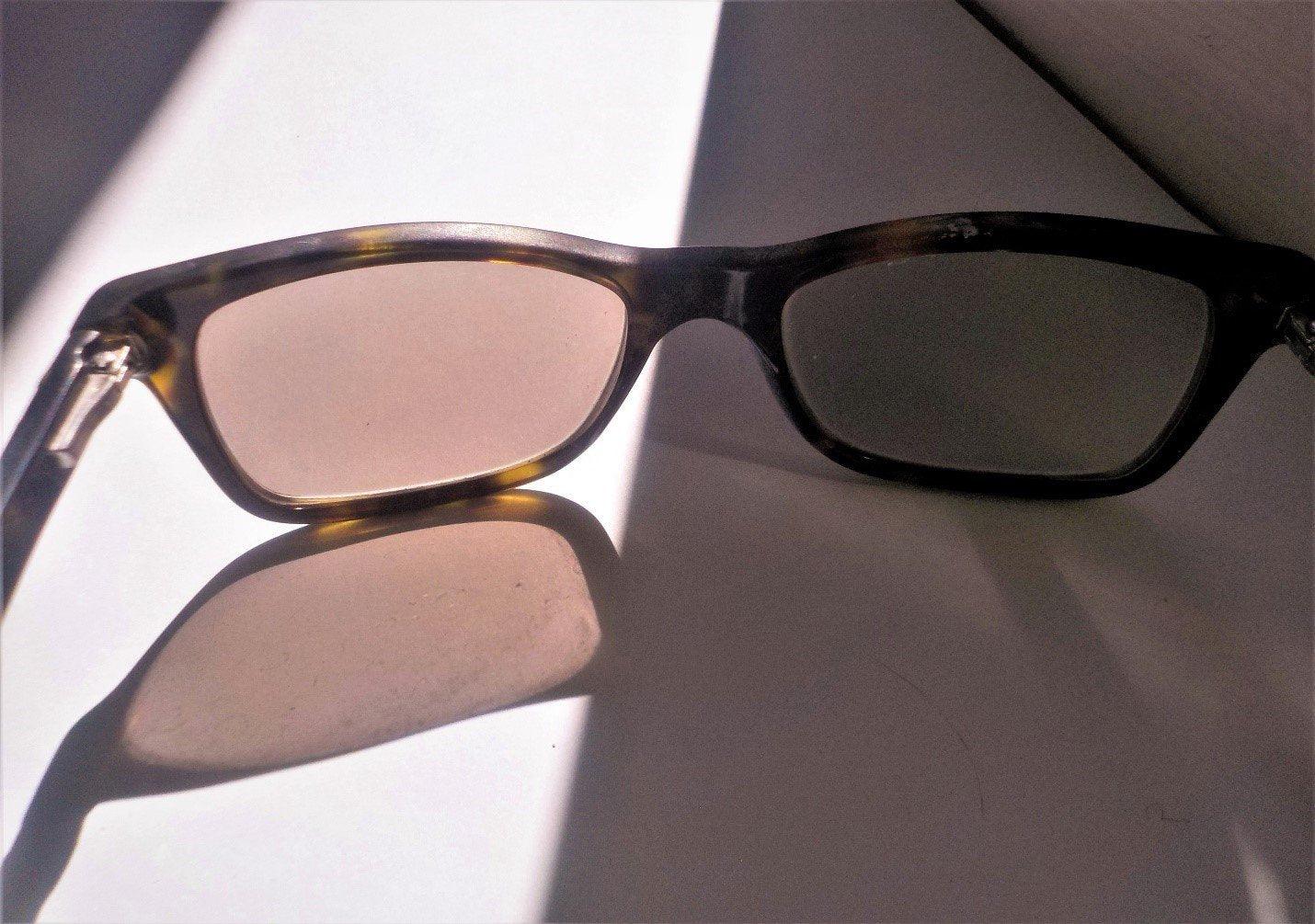
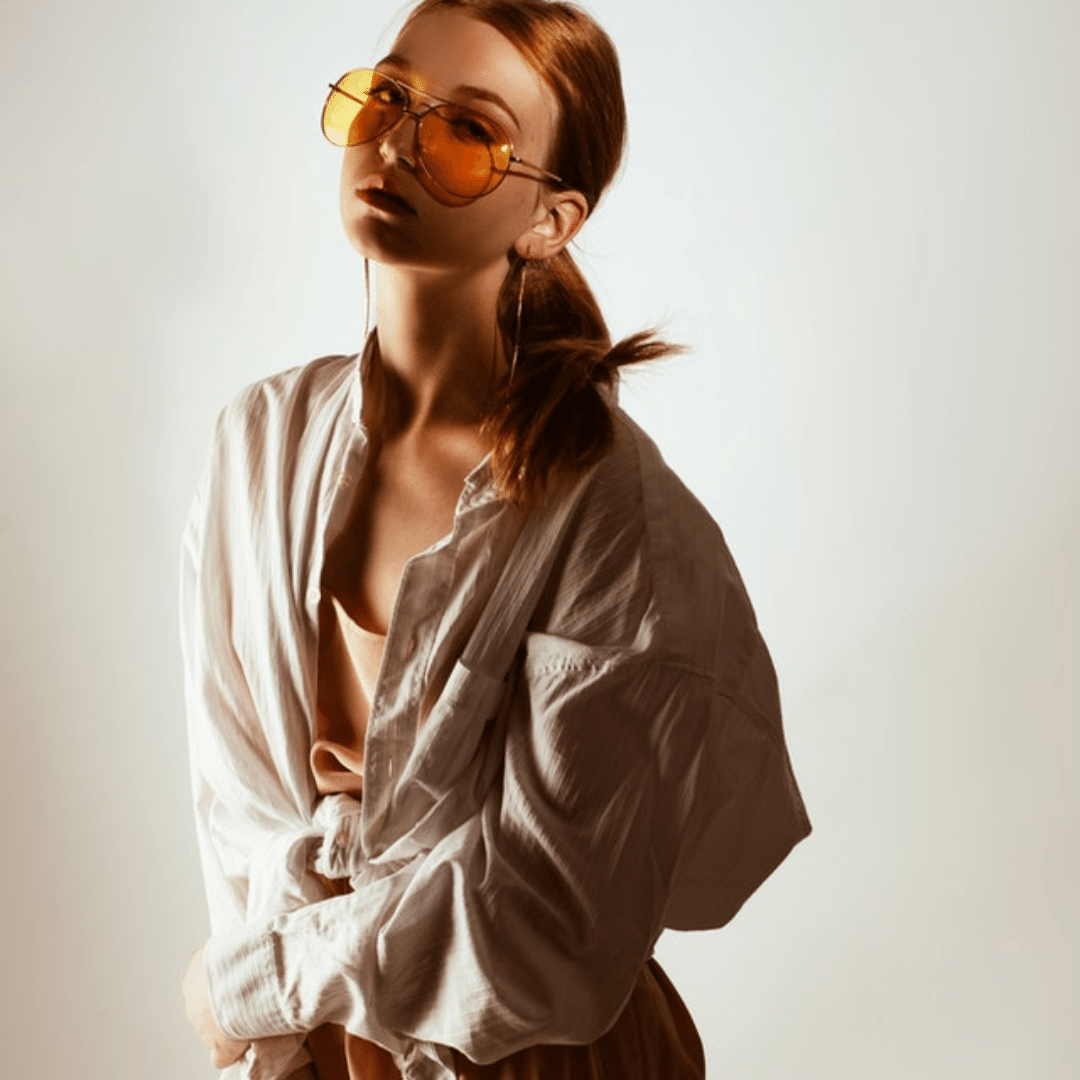

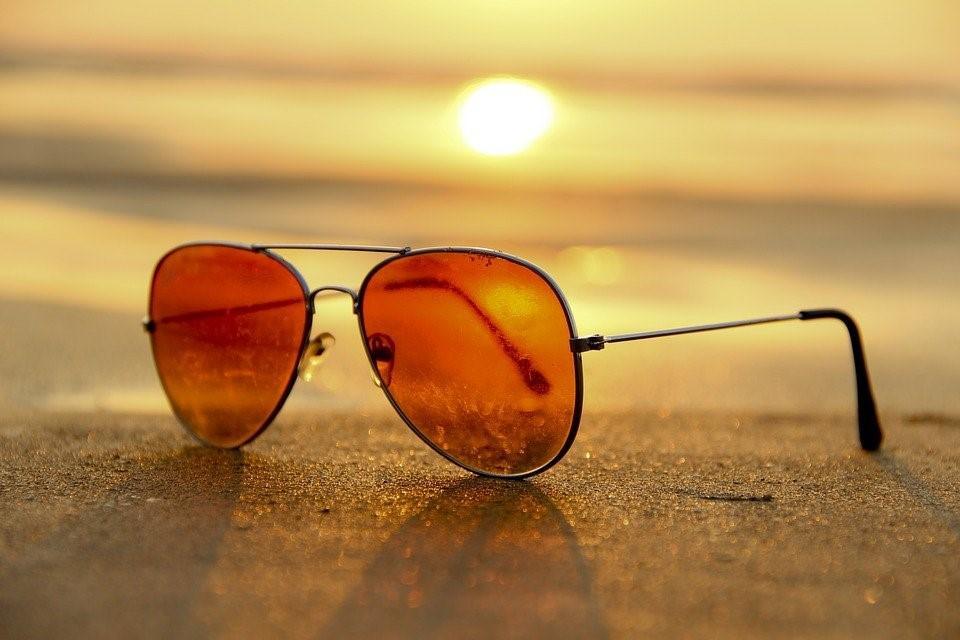
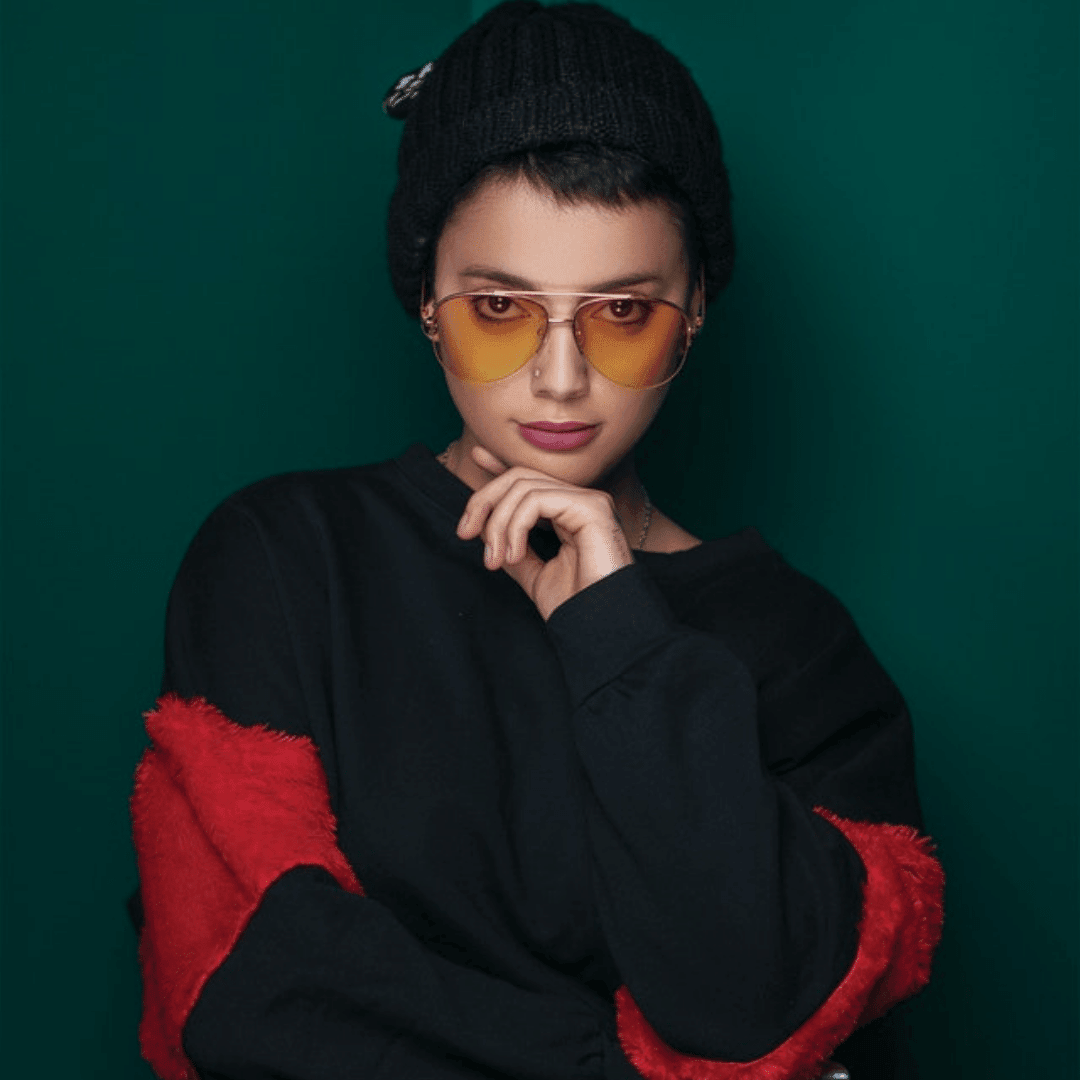
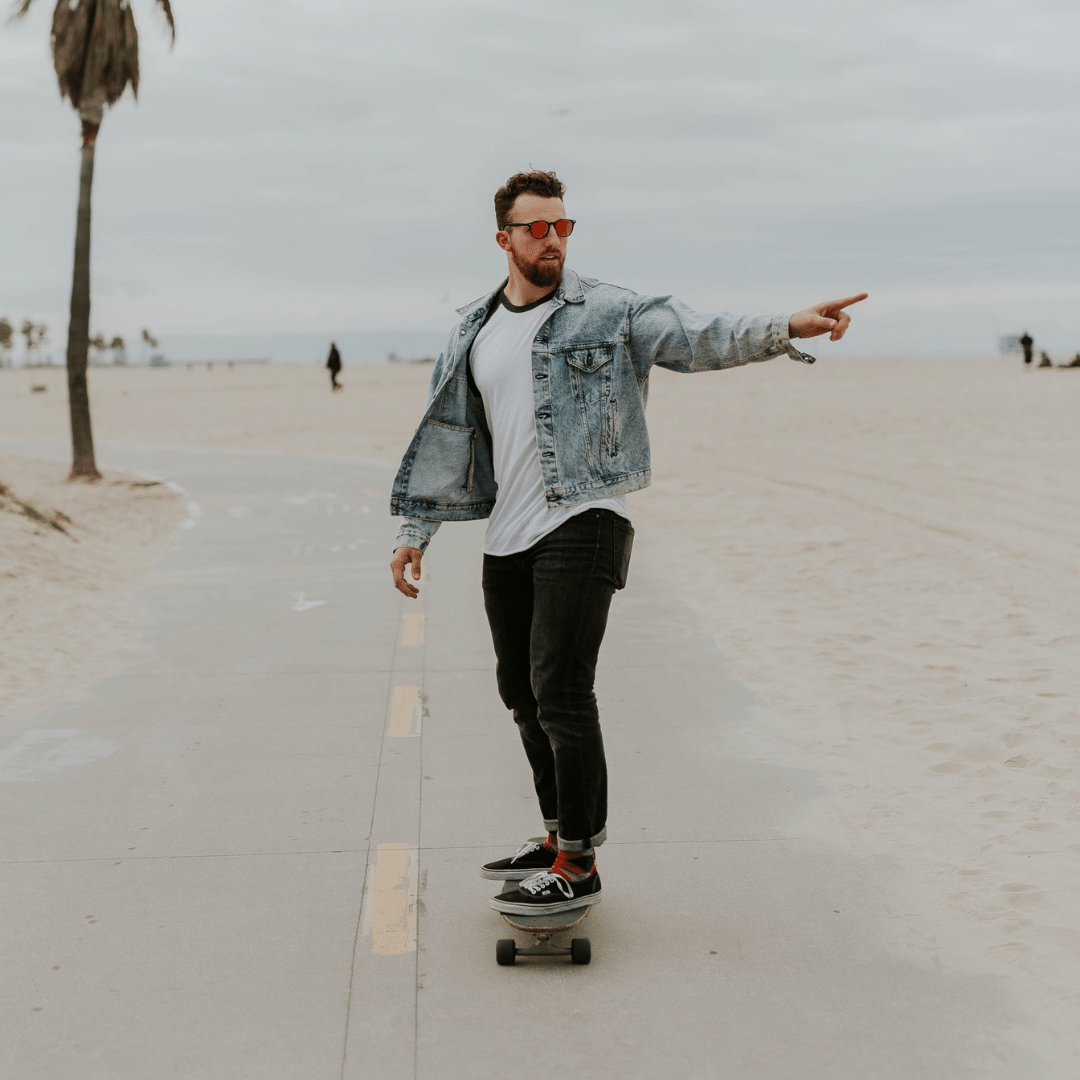
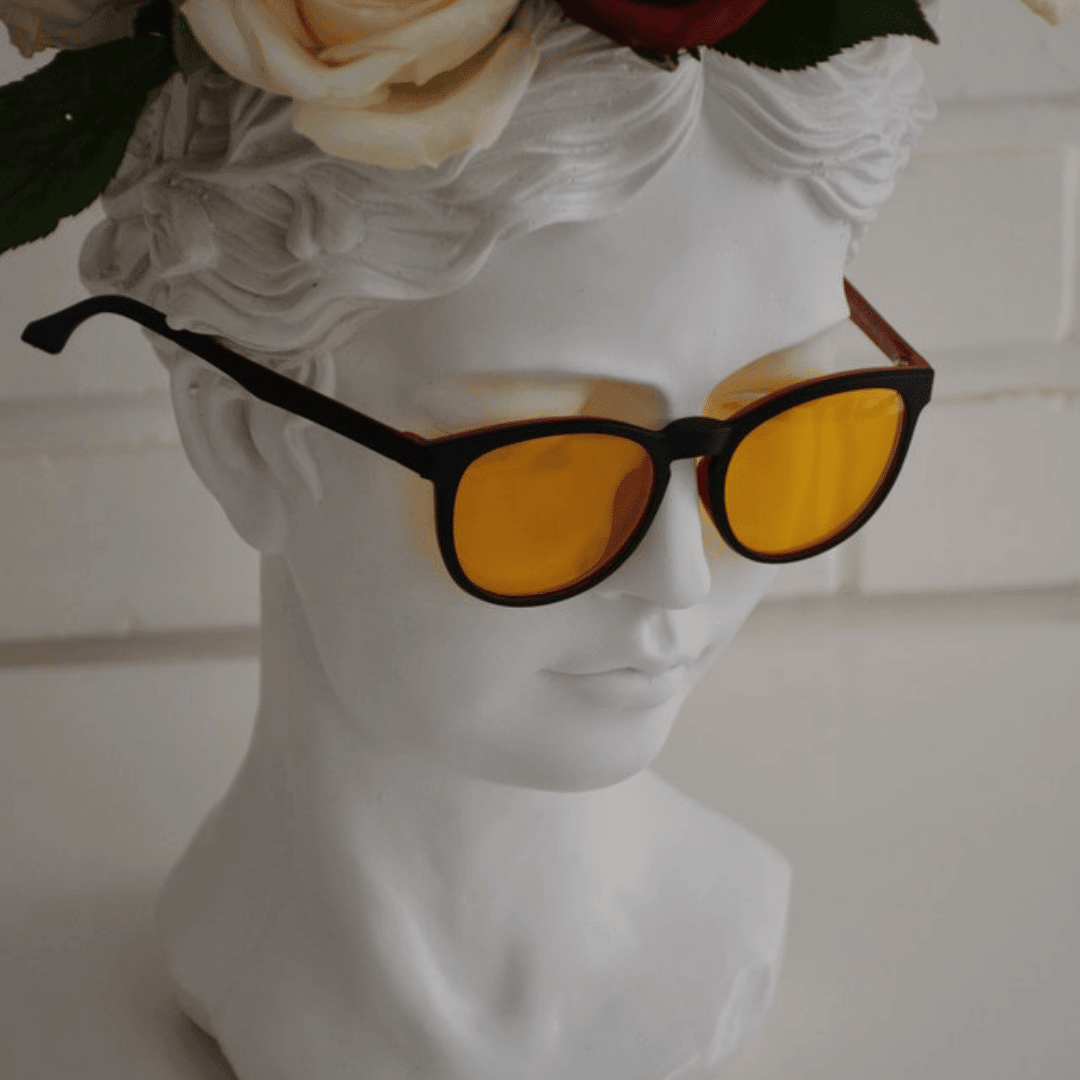

Share:
Best Spot-On Sunglasses For Every Face Shape
Frameless VS Metal Frame Sunglasses - What Do I Pick?